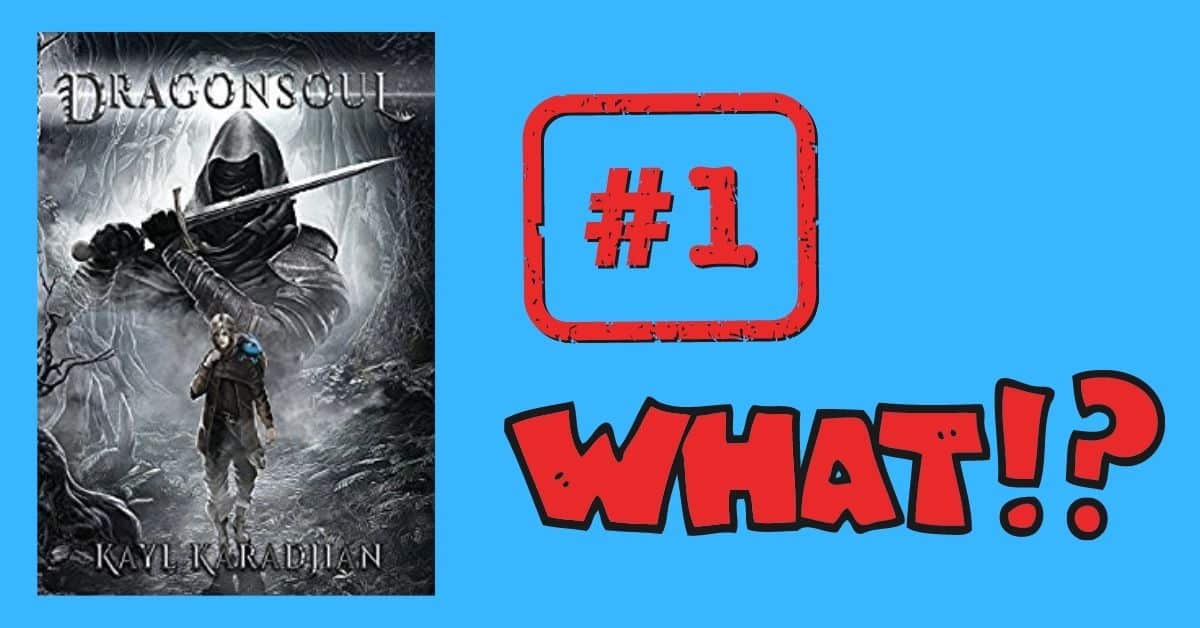
Scammers Break The Kindle Store
On Friday, a book jumped to the #1 spot on Amazon, out of nowhere; it quickly became obvious that the author had used a clickfarm to gatecrash the charts. The Kindle Store is officially broken.
This is not the first time this has happened and Amazon’s continued inaction is increasingly baffling. Last Sunday, a clickfarmed title also hit #1 in the Kindle Store. And Amazon took no action.
Over the last six weeks, one particularly brazen author has put four separate titles in the Top 10, and Amazon did nothing whatsoever. There are many such examples. Read More…
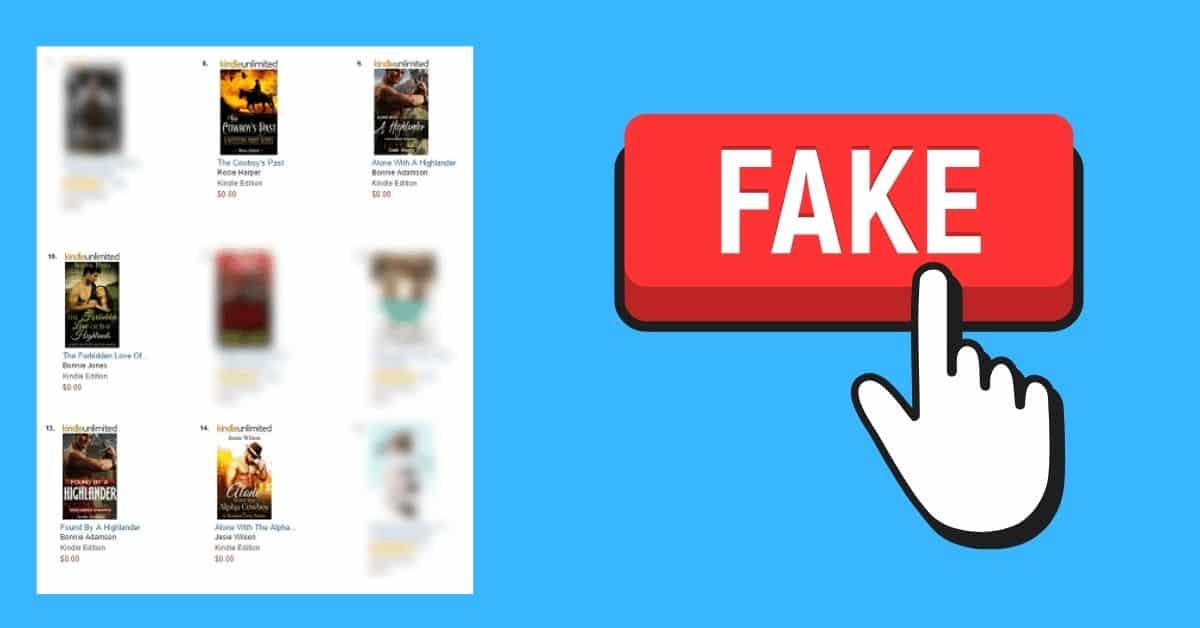
Amazon Has A Fake Book Problem
Fake books powered by clickfarms are gatecrashing the Amazons charts and, despite being aware of the issue for over a year, Amazon has taken little action.
At the time of writing, if you look at the Kindle Store Best Seller charts now, and click over to Free Books, you will see that the Top 20 currently has five suspicious-looking titles which you can see in the image above.
None of them have reviews. All were published in the last week. They have no Also Boughts – meaning they have had very few sales historically. Each of these titles are around 2,500 pages long, seem to have duplicated content, and are enrolled in Kindle Unlimited.
What is going on here? Read More…
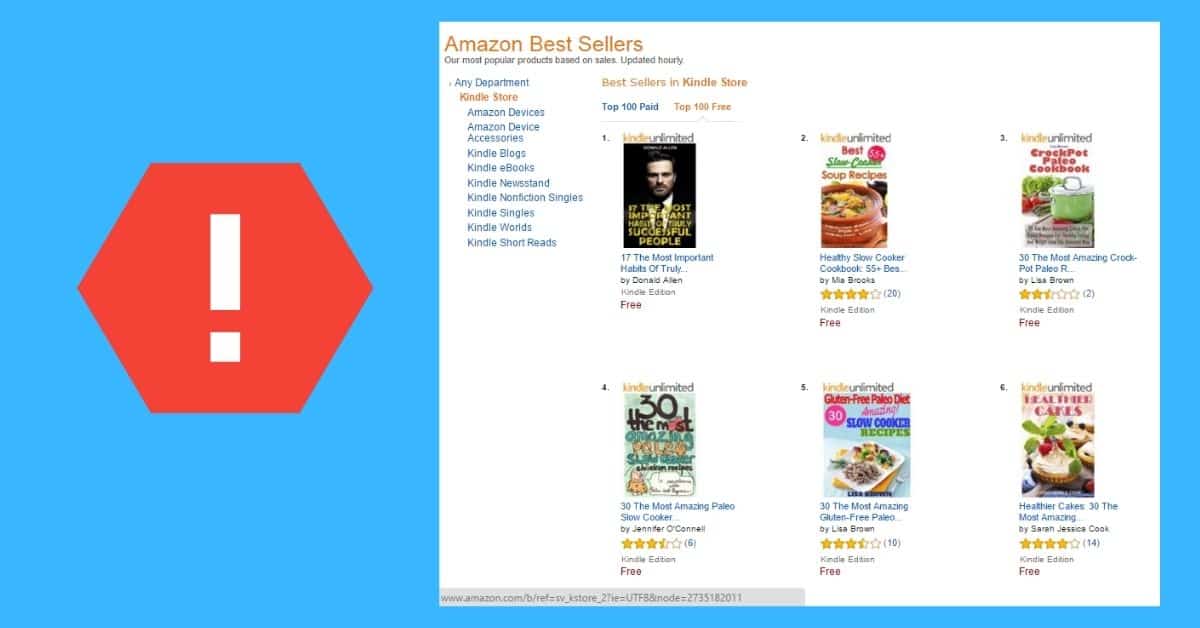
Scammers Attack the Amazon Charts
Once again, scammers have swarmed the Amazon Best Seller list. It was only last month that Amazon was caught up in a crisis at least partly of its own making when bungled attempts to deal with a growing Kindle Unlimited scammer problem resulted in the sanctioning of innocent authors. This post is from 15 April 2016. It has not been updated except to clean up broken links but the comments remain open. Amazon has since apologized, and has also pledged to beef up its response to the KU scamming mess – but questions very much remain about whether Amazon is taking the problem seriously enough. A quick check shows that some of the main scammers are still operating, under the Read More…
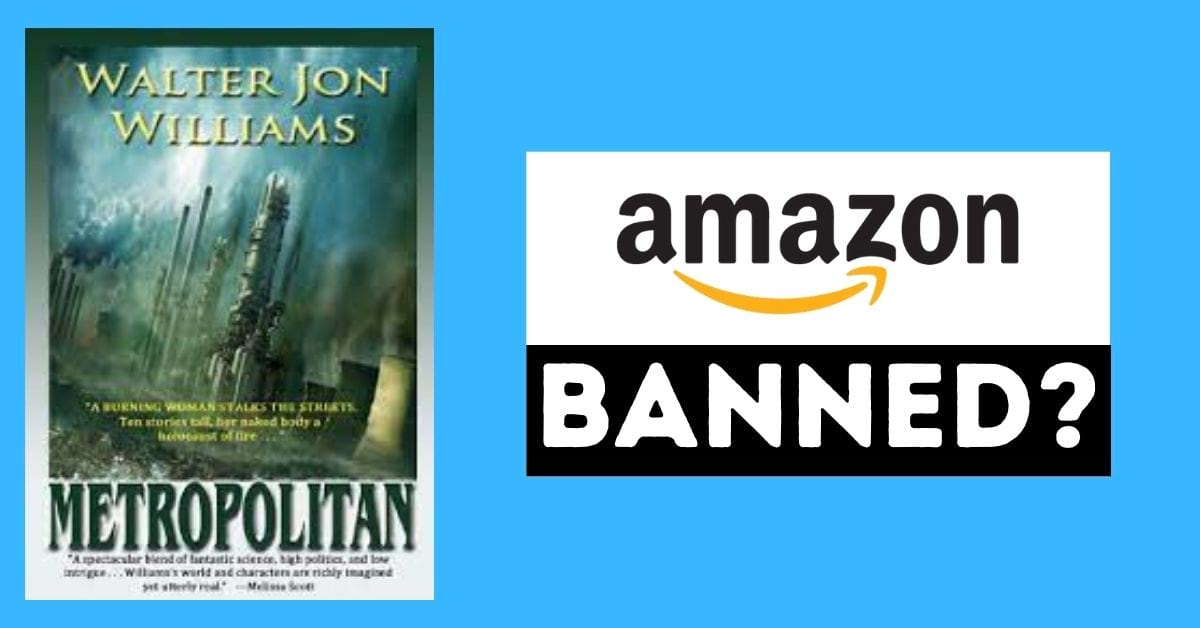
Amazon Takes Aim At Scammers But Hits Authors
Amazon is an extremely innovative company – and can be quite responsive to self-publisher’s concerns – but sometimes it gets things very wrong too. Today is one of those times.
I’ve received several reports from writers threatened with having books removed from sale, and heard even more worrying stories from others who had their titles actually removed from the Kindle Store without notice.
What were these authors guilty of? What crime did they commit for Amazon to adopt such heavy handed treatment? Something completely innocuous: the Table of Contents was at the rear of their books instead of at the front. Yep, that’s it. Read More…
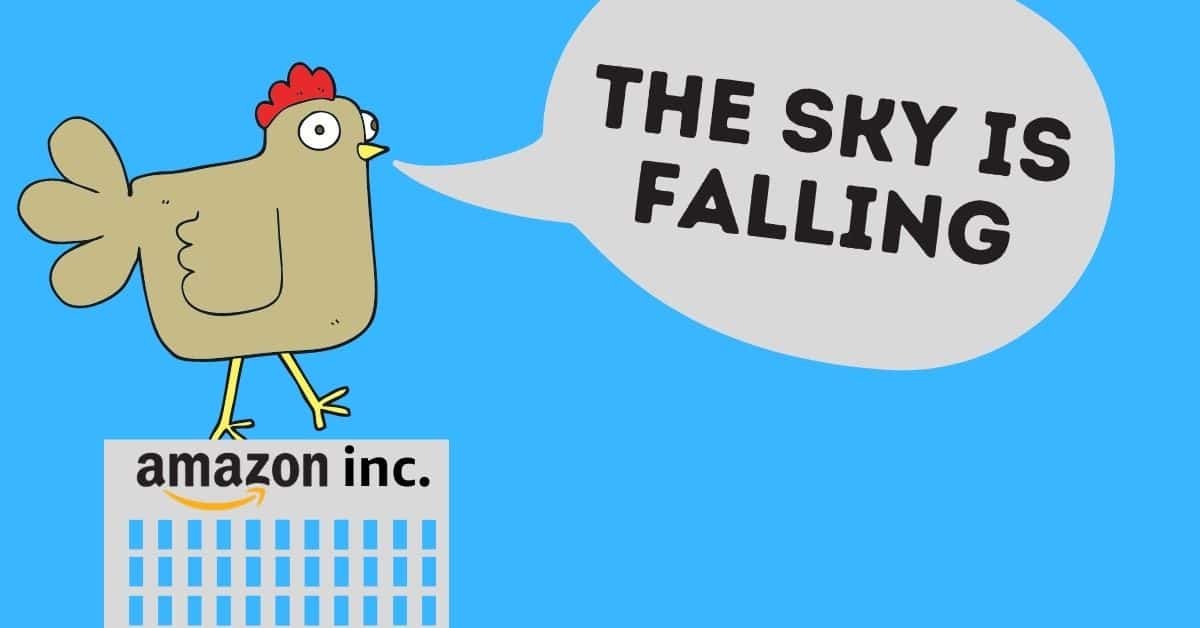
Hysteria Greets Amazon’s Per Page Payment Model
I’ve been around for long enough to know that authors can be a skittish bunch. Probably something to do with our over-active imaginations, with an assist from that old writers’ favorite: the whiskey brunch.
More seriously, we are going through a period of unprecedented change so it’s perfectly normal for people to be a little fearful. I think the disruption we are all experiencing is greater than that which has been faced by similar industries. In fact, I think the transition from print book to e-book is akin to going straight from vinyl to MP3, with all that entails.
So, change. Lots of it. And change can be scary – even if you seem to be benefitting from the changes that are happening. I get that. However, at this point, we should all know enough to treat media reports on Amazon (and publishing in general) with the requisite amount of skepticism. As in 100% skepticism. Read More…
Amazon and Simon & Schuster Agree Terms
Simon & Schuster has agreed a multi-year deal with Amazon covering both e-books and print books. Business Insider reported that negotiations only took three weeks and were concluded two months before the original contract expired. I’m confused, does this mean the end of literary culture or not? Someone needs to run up to Douglas Preston’s quaint writer shack to find out. (If you get lost, it’s at the back of his 400-acre estate). It also begs a question: what exactly is Hachette holding out for? As everyone knows at this point, Hachette’s contract with Amazon expired in March and the two parties have been unable to agree a deal since. The narrative being pushed by the media was that Amazon’s desired terms Read More…

The Cosy Consensus On Amazon – Hachette
A group of bestselling traditionally published authors – including James Patterson, Scott Turow, and Douglas Preston – engaged in an act of breathtaking hypocrisy on Thursday with an open letter calling on Amazon to end its dispute with Hachette.
The letter is incredibly disingenuous. It claims not to take sides, but only calls on Amazon to take action to end the dispute. It also makes a series of ridiculous claims, notably that Amazon has been “boycotting Hachette authors.”
Where do I start? Read More…
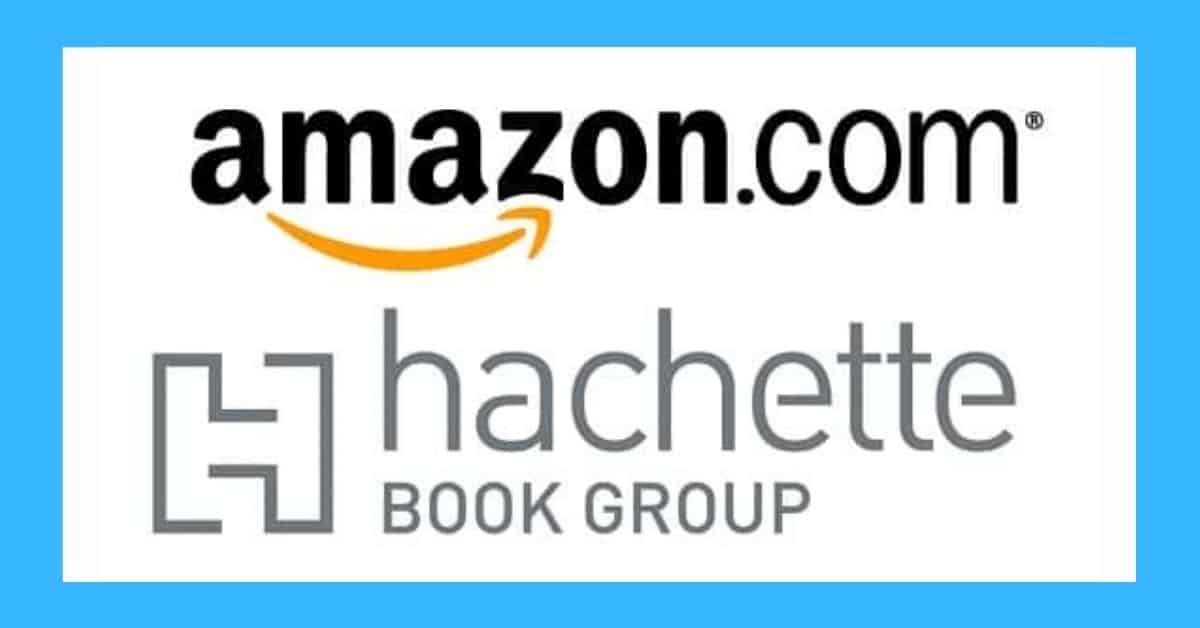
Media Bias and Amazon
Statements from either side in the Amazon-Hachette dispute have been thin on the ground. Both companies are said to have signed NDAs – restricting formal comments while negotiations are ongoing – but Hachette has been leaking to reporters, and marshaling authors and industry figures in its defense, leading to an extremely one-sided depiction of events in the media.
Which is fine, it’s a pretty standard negotiation tactic, and a clever one if media conglomerates like Bertelsmann (part-owner of Penguin Random House), CBS (owner of Simon & Schuster), and NewsCorp (owner of HarperCollins and Harlequin) are rooting for your team.
What concerns me is that media outlets – even those not in the same corporate family as those publishers with a vested interest in the outcome – are taking the Hachette leaks as the complete and unvarnished truth. Read More…

The Type Of Competition Big Publishers Want
The real discoverability problem in publishing is that readers are discovering (and enjoying) books that don’t come from the large publishers. What these publishers have is a competition problem not a discoverability problem.
Amazon regularly gets slated for purported anti-competitive actions, but it has done more to create the digital marketplace than any other company. It has also done more to open up that marketplace to vendors of all shapes and sizes than any other company. Small publishers and self-publishers, for the very first time, have a level playing field with large publishers.
In other words, Amazon has fostered huge levels of competition that rarely get spoken about. Because Big Publishing doesn’t want actual competition. It hates actual competition. Read More…

Amazon vs. Hachette: Don’t Believe The Spin
The internet is seething over Amazon’s reported hardball tactics in negotiations with Hachette. Newspapers and blogs are filled with heated opinion pieces, decrying Amazon’s domination of the book business. Actual facts are thinner on the ground, however, and if history is any guide, we haven’t heard the full story. Here’s how it started.
In a historical quirk of the trade, publishers and booksellers negotiate co-op deals at the same time as the general agreement to carry titles. (For those who don’t know, co-op is the industry term for preferred in-store placement, such as face-out instead of spine-out, position on end-caps, front tables, window displays, and so on.)
At publishers’ insistence, the same practice has continued in the online and e-book world, namely that negotiations regarding virtual co-op (e.g. high visibility spots on retailer sites) take place at the same time as discussions over general terms and publisher-retailer discounts. Read More…

The Real Scandal At LA Times Festival of Books Isn’t Amazon
This is the same LA Times Festival of Books that has been welcoming Author Solutions for years without a peep. And aside from scamming writers in general, Author Solutions has also been scamming authors at the event.
I reported last month that Author Solutions is selling $3,999 book signing packages to appear at the LA Times Festival of Books, and that by Author Solutions’ own figures, they screwed authors out of over $900,000 at last year’s event alone.
This book signing scam has been going on at the LA Times Festival of Books for at least five years. Where’s the outrage? It’s pretty hard to miss the giant row of Author Solutions booths at the event. Why didn’t all these indie booksellers and publishing professionals threaten a boycott over Author Solutions?
And why hasn’t Publishers Weekly covered this story? Read More…
A List of Things Scott Turow Doesn’t Care About
Scott Turow woke up from his slumber recently to bark nonsense about Amazon’s acquisition of Goodreads on the Authors Guild blog, before being thoroughly eviscerated in the comments.
Undeterred, Turow sought out the considerably larger platform of the New York Times’ Op-Ed pages on Monday to decry The Slow Death of the American Writer.
On reading the latter, my first thought was: if Scott Turow didn’t spend so much time hating Amazon and pretending self-publishing didn’t exist, maybe he wouldn’t be so depressed. Read More…
Amazon’s Purchase Of Goodreads Could Be Good
The doom-mongers have been running wild on Twitter with the news that Amazon is to acquire Goodreads. Much of that nonsense is typical (i.e. hysterical) Amazon bashing, or reflexive defense of the status quo.
I’m not going to deal with the Chicken Little stuff. I have less and less patience with people who claim that Amazon has or is striving for some kind of evil monopoly that will subjugate authors and readers when all the evidence to date is that they will treat authors better than any publisher and provide readers with cheaper books, a bigger selection, and a better customer experience than any other retailer.
There are some more reasonable fears about what this purchase entails. I would like to deal with these in turn, then discuss how I think this acquisition will be beneficial to writers – particularly self-publishers. I respect the fact that this is a hot-button issue for many, and that reasonable people will disagree with my perspective. Read More…
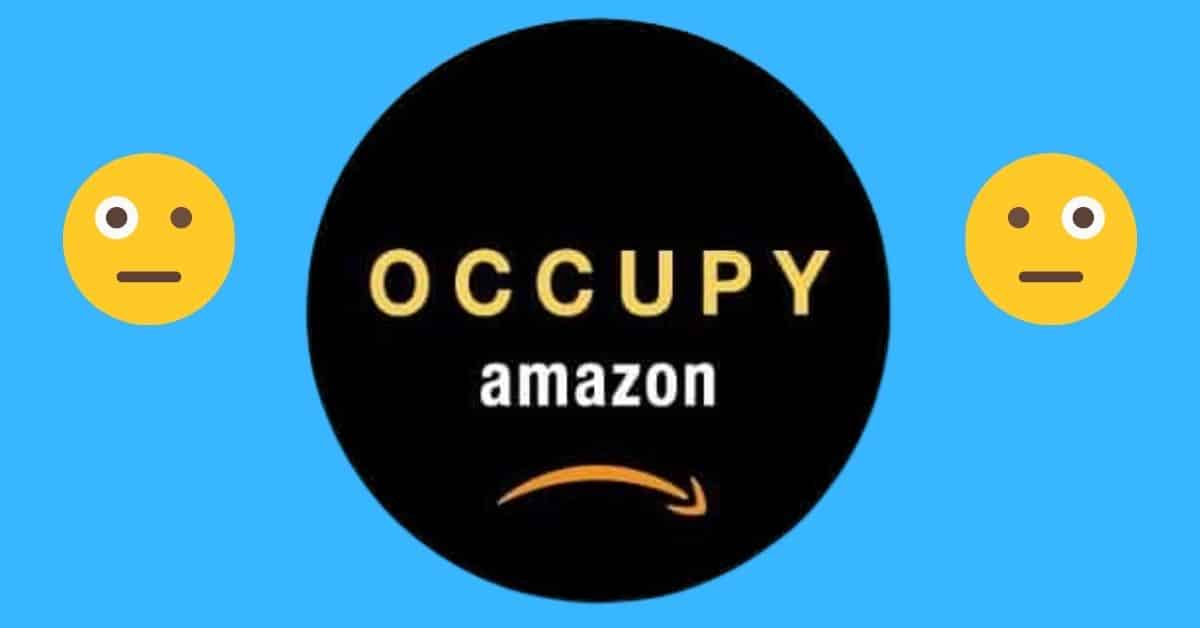
The Anti-Amazon Campaign Jumps The Shark
The anti-Amazon stories seem to be coming thick and fast at the moment. Salon published an article on Sunday by Alexander Zaitchik called “Amazon’s $1 Million Secret,” which contained the sensational allegation that Amazon… donated $1 million to various literary and non-profit groups. Beneficiaries include the Brooklyn Book Festival and PEN; journals like The Los Angeles Review of Books, One Story, and Poets & Writers; 826 Seattle (a tutoring program aimed at kids) and Girls Write Now (a mentoring program for girls); as well as various other associations such as Lambda Literary (supports LGBT literature), Words Without Borders (international literature), and Voice of Witness (human rights). This post is from 11 April 2012. It has not been updated except to Read More…
Scott Turow: Wrong About Everything
On Thursday it was reported that the U.S. Justice Department was preparing to sue five of the largest publishers, and Apple, for (allegedly) colluding to fix e-book prices. Despite the shock expressed in some quarters, this is hardly a bolt from the blue.
It’s almost a year since the European Union raided the offices of several publishers in France, Italy, and Germany, kicking off their own Europe-wide anti-trust investigation – later folding into that probe a similar move by the Competition Authority in the UK to examine the Agency Agreement.
It was also widely reported late last year that a U.S. Justice Department investigation, along similar lines, had commenced. Read More…
^
